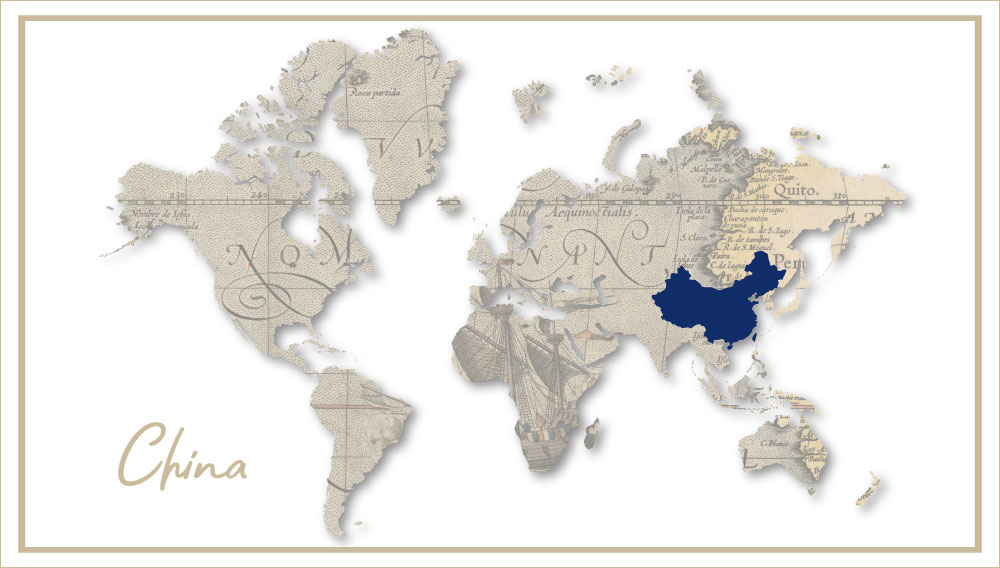AB-InBev to pursue listing of its Asia-Pacific business
China | After months of rumour-mongering, AB-InBev has confirmed that it is seeking to list a minority stake in its Asian operations to create a separate business.
The company said on 7 May 2019, that the merit of a Hong Kong listing would be to create a champion in the Asia-Pacific region, where beer sales are still growing and increasingly wealthy consumers are trading up to higher margin premium beers.
AB-InBev’s Chief Financial Officer Felipe Dutra told Reuters that a parallel could be drawn with the Brazilian subsidiary AmBev, of which AB-InBev owns 61.9 percent. It is now present in 16 countries in the Americas, including Argentina and Canada.
AB-InBev’s Asia-Pacific business, whose main markets are China, Korea and Australia, contributed 18 percent of group volume and 14 percent of underlying operating profit in 2018. Its revenues were USD 8.47 billion.
Analysts say that the Asia-Pacific business could be worth between USD 40 billion and USD 50 billion. If AB-InBev were to float 40 percent, it could put up to USD 20 billion towards paying down its mountainous USD 100 billion debt pile.
From what we have heard on the grapevine, AB-InBev is planning to float 49 percent.
At the recent Beverage Forum in Chicago (30 April to 1 May 2019), analysts expressed the opinion that the float could lead to a merger with a Chinese state-owned brewer. According to Carlos Laboy, an analyst with HSBC, the beauty of the separate listing is that the new partner would be kept at a local, Asian level, and would not own a direct stake in AB-InBev itself.
Other insiders think that AB-InBev might like to merge its Asia-Pacific business with that of ThaiBev or San Miguel of the Philippines.
Meanwhile, China Resources Beer, China’s major brewer, is preparing to close down more breweries and introduce higher-priced products amid declining sales.
The brewer, which makes Snow beer, shuttered 13 of its 91 breweries in 2018, and cut capacity by 10 million hl to 210 million hl. The number of employees fell to about 40,000 at the end of 2018, down from 52,000 the year before, media reported.
This year, CR Beer will launch at least one premium beer brand from its own stable, and four from the Heineken stable, in an effort to premiumise its portfolio.
In August 2018, CR Beer and Heineken signed a long-term collaboration, under which the two companies would combine their beer operations in the mainland, giving CR Beer the license to sell Heineken beer in China, Hong Kong and Macau. The deal also entailed a share swap.
In its 2018 financial year ended 31 December 2018, CR Beer saw a 16.9 percent decline in net profit to about USD 145.4 million. The decline came amid an increase in costs and staff resettlement expenses. Volume sales dropped 4.5 percent to 113 million hl.
Authors
Ina Verstl
Source
BRAUWELT International 2019

